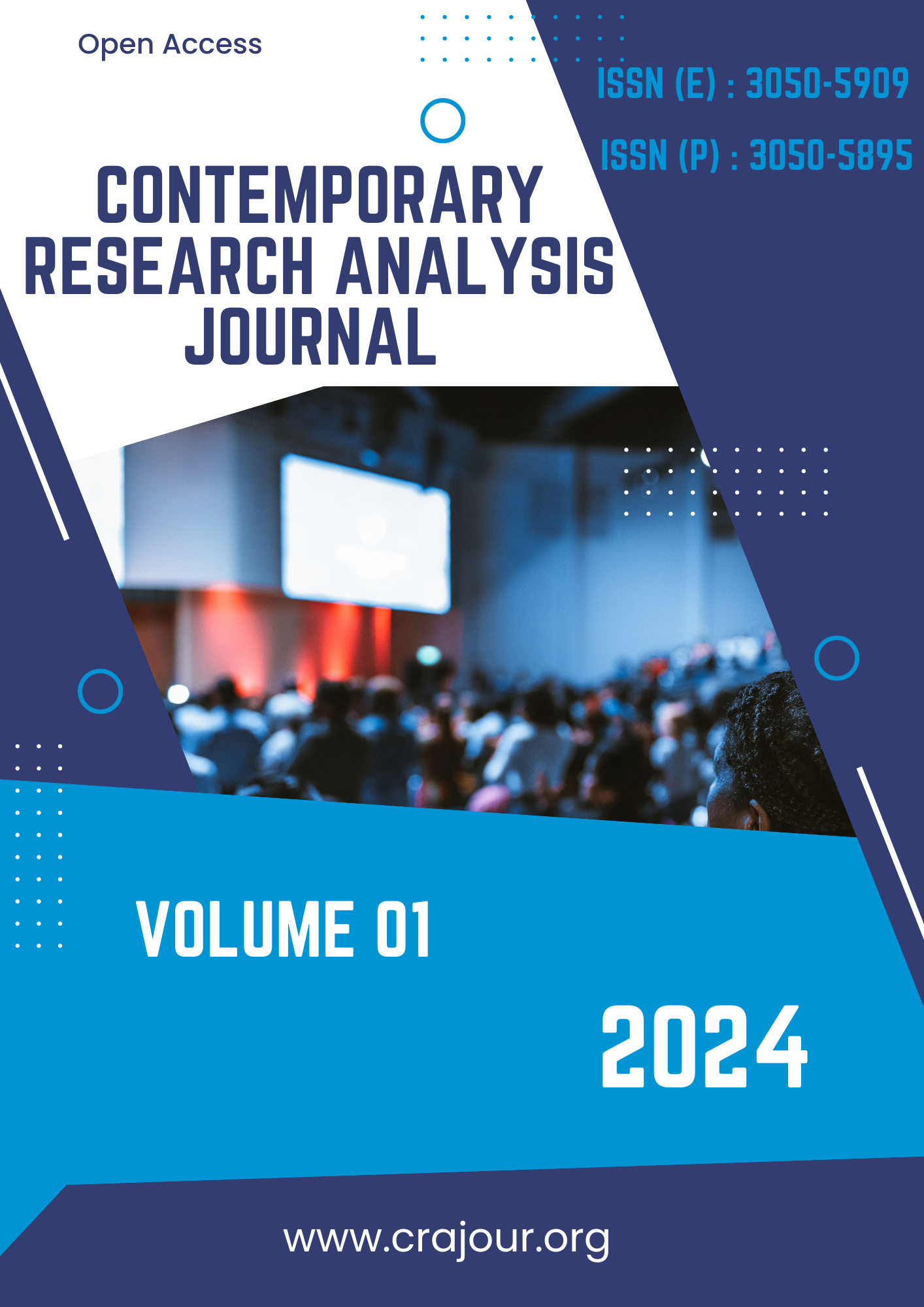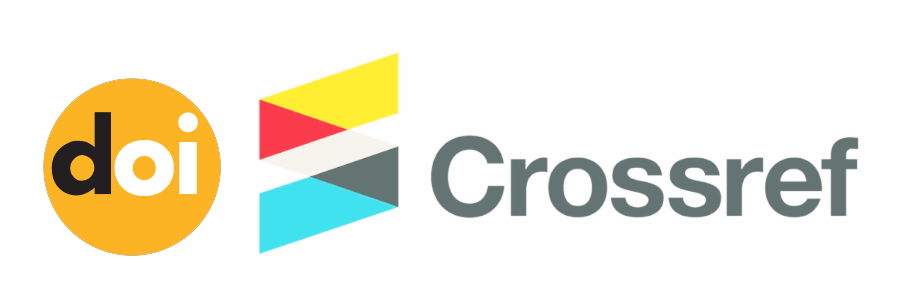Enhancing Geography Education through ICT: A Study of Public Secondary Schools in Ubungo Municipality, Tanzania
DOI:
https://doi.org/10.55677/CRAJ/02-2024-Vol01I5Keywords:
ICT integration, Geography education, teacher training, GIS, TanzaniaAbstract
This study examines the impact of Information and Communication Technology (ICT) in enhancing Geography education within public secondary schools in Ubungo Municipality, Tanzania. The research focuses on the availability of ICT resources, their utilization, and the challenges faced in incorporating ICT into Geography teaching. Using a mixed-methods approach grounded in Vygotsky’s social development theory, data were collected from 500 students, 20 teachers, 4 school heads, 1 Municipal Education Officer, and 4 Ward Education Officers through questionnaires, interviews, and observations. Findings reveal that ICT tools such as interactive whiteboards and GIS software, while moderately available, are inconsistently utilized across schools. The study highlights key challenges including outdated equipment, inadequate teacher training, and insufficient technical support, which hinder effective ICT integration. The study concludes by recommending increased investment in ICT infrastructure and regular professional development for teachers, suggesting that these measures are crucial to realizing the potential of ICT in improving educational outcomes.
References
Chirwa, E., & Mubita, A. (2021). The role of ICT in enhancing geography education: A case study from Zambia. Educational Research Journal, 45(2), 123-140.
Clark, W., Logan, K., Luckin, R., Mee, A., & Oliver, M. (2018). Beyond the digital divide: The role of ICT in fostering collaboration and communication. Educational Technology & Society, 21(1), 91-102.
Condie, R., & Munro, B. (2007). The impact of ICT in schools: A landscape review. British Educational Research Journal, 33(1), 45-60.
Cifuentes, L., & Lents, J. (2010). Breaking down social barriers in learning with ICT: The collaborative role of technology. Journal of Educational Technology & Society, 13(1), 45-56.
Haywood, D., & Hutchings, W. (2004). Enhancing geographical understanding through ICT: A new teaching strategy. Journal of Geography in Higher Education, 28(1), 37-52.
Johnson, D. W., & Johnson, R. T. (2009). Cooperative learning, values, and culturally diverse students. Educational Researcher, 38(2), 5-15.
Kilimora, M. (2015). ICT in education: A Tanzanian perspective. African Journal of Educational Technology, 6(4), 67-84.
Kitta, S. (2013). Enhancing teaching practices through ICT in Tanzania. Tanzanian Journal of Teacher Education, 10(2), 12-24.
Lako, J., & Mubita, D. (2021). Integrating ICT in geography teaching: Challenges and opportunities in African secondary schools. African Journal of Educational Studies, 15(3), 103-122.
Mgaya, R., & Mgaya, T. (2019). Barriers to the integration of ICT in teaching geography in Tanzania. Tanzanian Journal of Geography, 22(3), 111-128.
Moosavi, M., Amini, R., & Hosseini, M. (2020). The role of ICT in promoting literacy and numeracy: A review. International Journal of Educational Technology, 27(2), 1-10.
Mwalongo, A. (2011). Teachers' perceptions about ICT for teaching, professional development, administration, and personal use. International Journal of Education and Development using ICT, 7(3), 36-49.
Ngeze, L. (2017). ICT integration in teaching and learning in secondary schools in Tanzania: Readiness and way forward. International Journal of Information and Education Technology, 7(6), 432-436.
Newman, F., & Holzman, L. (2013). Lev Vygotsky: Revolutionary scientist. Routledge.
Newman, B. M., & Newman, P. R. (2022). Development through life: A psychosocial approach (13th ed.). Cengage Learning.
Parish, T. (2018). Teacher professional development in the digital age: Navigating challenges of ICT integration. International Review of Education, 64(4), 497-512.
Ratemo, S. (2020). The challenges of ICT integration in secondary school geography education. East African Educational Journal, 14(2), 98-109.
Schleicher, A. (2019). PISA 2018 results: What students know and can do. OECD Publishing.
Sedoyeka, E., & Gafufen, T. (2013). Overcoming barriers to ICT integration in Tanzanian classrooms. Tanzanian Journal of Educational Technology, 9(2), 77-91.
Shah, S., Gul, R., & Iqbal, H. (2013). Vygotsky’s constructivism and its implications for teaching and learning. International Journal of Humanities and Social Science, 3(13), 167-176.
Tezci, E. (2009). Teachers’ effect on ICT use in education: The Turkey case. Procedia - Social and Behavioral Sciences, 1(1), 1285-1294.
Tomlinson, B. (2012). The impact of ICT on student academic performance. International Journal of Educational Development, 32(1), 45-56.
Umar, A. (2014). Challenges of ICT integration in the classroom: A case study from East Africa. Journal of Educational Media, 39(2), 45-59.
Vygotsky, L. S. (1962). Thought and language. MIT Press.
Warschauer, M., & Matatu, A. (2016). Digital divide and social inequality in African education. International Review of Education, 62(4), 529-546.
Warschauer, M., & Matuchniak, T. (2010). New digital divides: Social inequality and educational computing. International Journal of Educational Research, 49(4), 195-210.
Wepukhulu, F. (2022). Teacher training and ICT integration: A study of secondary schools in East Africa. Journal of Educational Technology and Society, 25(1), 201-219.
Downloads
Published
Issue
Section
License
Copyright (c) 2024 Contemporary Research Analysis Journal

This work is licensed under a Creative Commons Attribution 4.0 International License.



